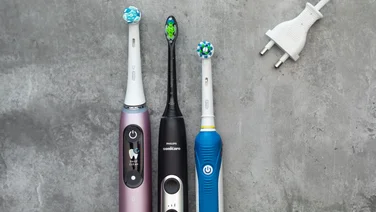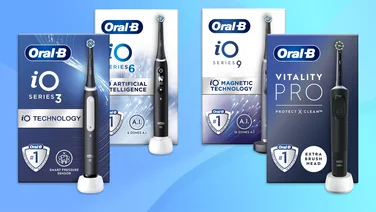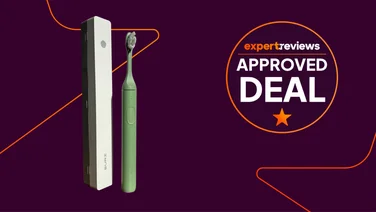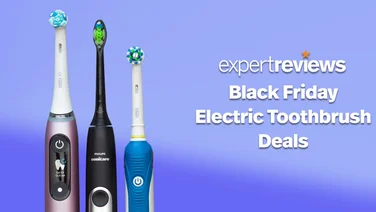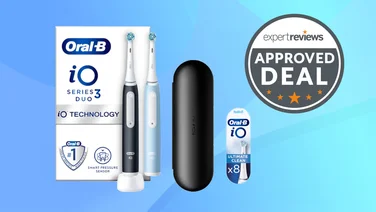To help us provide you with free impartial advice, we may earn a commission if you buy through links on our site. Learn more

A quick gargle with mouthwash is a daily activity for many of us, but it’s not just for freshening your breath. Along with flossing and brushing, knowing precisely when to use mouthwash in your daily routine can really help improve your oral health.
To get the lowdown, we spoke to Dr Safa Al-Naher, Principal Dentist at Serene Dental, to clarify the best time to use mouthwash in your oral hygiene routine.
Should you use mouthwash before or after brushing your teeth?
You should really be using mouthwash before you brush your teeth – not after.When used prior to brushing, mouthwash helps to break up any plaque in the mouth (a sticky deposit that builds up on teeth where bacteria multiplies) that can then be cleared during the brushing process. Once you’ve finished brushing, the fluoride that’s present in your toothpaste residue is then able to get to work on any lingering plaque you may have missed.
Even though the best mouthwash also contains fluoride, it’s present in a much lower concentration than in your toothpaste. The NHS points out that using a mouthwash immediately after brushing will wash away the fluoride’s beneficial impact – and this is particularly true when brushing in the evening, as the fluoride left behind can work its magic overnight.
If you still feel the need to swill some mouthwash around after brushing your teeth, try to wait at least thirty minutes before doing so, as this time lag means the residual fluoride from your toothpaste still has time to make an impact.
READ NEXT: Best electric toothbrushes
How do you use mouthwash?
Making the most of your mouthwash only requires a few simple steps:
- Measure out a dose (usually the bottle cap or lid is equivalent to a single dose)
- Swish the liquid around your mouth and gargle for 30-60 seconds
- Spit everything into the sink
- Don’t rinse
During this process, the antiseptic properties of the liquid will kill off any bad bacteria present in your mouth, leaving you with fresher breath. The swishing action of mouthwash also has the ability to access “trickier to reach” parts of your mouth that your toothbrush might be unable to.
READ NEXT: Best Oral-B electric toothbrushes
Should you rinse your mouth after using mouthwash?
No, please don’t. As mouthwash keeps on working after use, rinsing out your mouth with water will dilute any active ingredients and render it less effective. As the dentists say, “Spit, don’t rinse”.

Can you use mouthwash after eating?
Using mouthwash helps to rinse away food debris, so it’s actually beneficial to use after meals – particularly when eating strong flavours. Instead of brushing your teeth after lunch, you can opt for mouthwash instead – this will give you a nice protective layer over your teeth which can also work away at dissolving plaque throughout the afternoon.
To fully benefit from the mouthwash’s lingering effects, try not to drink or eat anything 30 minutes after using it.
Can you overuse mouthwash?
Yes, you can. It’s recommended to use mouthwash a maximum of twice a day, alongside your daily teeth-cleaning routine. Any more often and you’ll run the risk of damaging your oral health or suffering side effects.
READ NEXT: Best water flossers
Anything else to consider?
While using mouthwash is certainly beneficial, it’s not intended to be a replacement for brushing your teeth – it’s more of an “added extra” to your oral hygiene routine.
If you only used mouthwash, all the harder-to-reach food debris would remain in your mouth, embedded between your teeth. Mouthwash can’t scrub off those stickier plaque deposits either – so always combine gargling and swilling with brushing for the maximum benefit.

